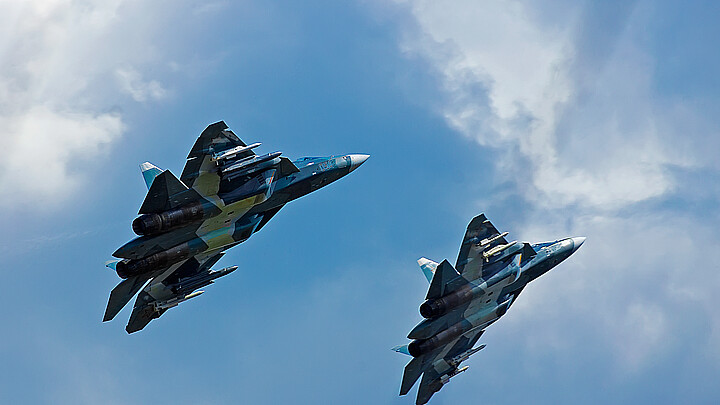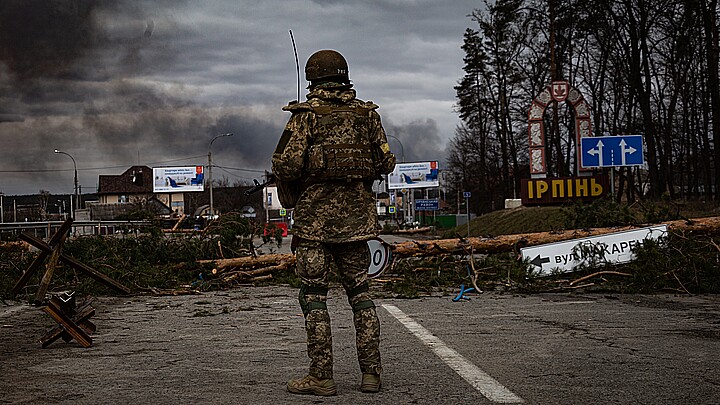Politics
Lavrov: Russia-China relations at an all-time high
By undermining the effectiveness of the sanctions regime being imposed on Russia, China clearly hopes to weaken the compliance mechanism that keeps that order working and under American control
March 28, 2022 9:46am
Updated: March 28, 2022 12:37pm
Russian Foreign Minister Sergei Lavrov said on Monday that Moscow’s relations with Beijing were at their strongest level in history, stoking fears that China might come to Russia’s aid as the West continues to impose unprecedented sanctions over the Kremlin’s illegal invasion of Ukraine.
Although Washington has repeatedly pressured Beijing to join the West in condemning Russian President Vladimir Putin’s “special military operation,” Chinese officials have publicly voiced opposition to any sanctions and insisted that China will maintain normal trade and economic relations with Russia – even voting against UN resolutions meant to penalize Moscow.
But if China’s allegiance wasn’t evident before, the March 18 video call where Chinese Communist Party chief Xi Jinping told President Joe Biden that Beijing would not join the international community in pressuring the Kremlin to end the war in Ukraine.
Chinese Vice Foreign Minister Le Yucheng’s remarks the next day which placed the blame for the invasion on NATO’s expansionary policy – drawing a comparison to China’s Taiwan position – cemented Xi’s point.
Even though there are signs that Beijing is exacerbated by Russia’s poor performance on the battlefield and Putin’s disregard for national sovereignty – a supposed pillar of China’s foreign policy since the revolution – Chinese lawmakers are unlikely to comply with the Biden administration’s demands to fall in line or downgrade its strategic “no limits” entente with Russia.
In a new report from The Hill, Andrew Latham, a professor of international relations at Macalester College and fellow at Defense Priorities in Washington, D.C., writes that, “By undermining the effectiveness of the sanctions regime being imposed on Russia, China clearly hopes to weaken the compliance mechanism that keeps that order working and under American control.”
“Beijing probably also has an eye on blunting the effectiveness of this particular mechanism so that it can’t be effectively deployed against China in the event that Beijing feels compelled to conduct its own “special military operation” against Taiwan,” he added.
Ultimately, although Lavrov’s statements may not paint the whole picture, what remains evident is that “some form of Sino-Russian axis is now, and will be for the foreseeable future, a fixed feature of the international order.”








